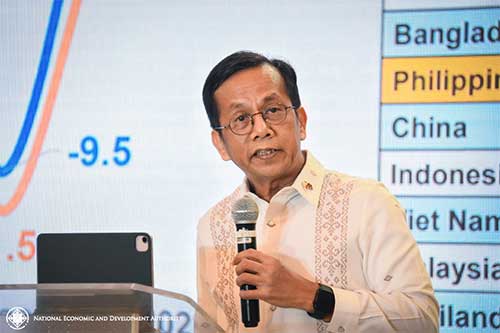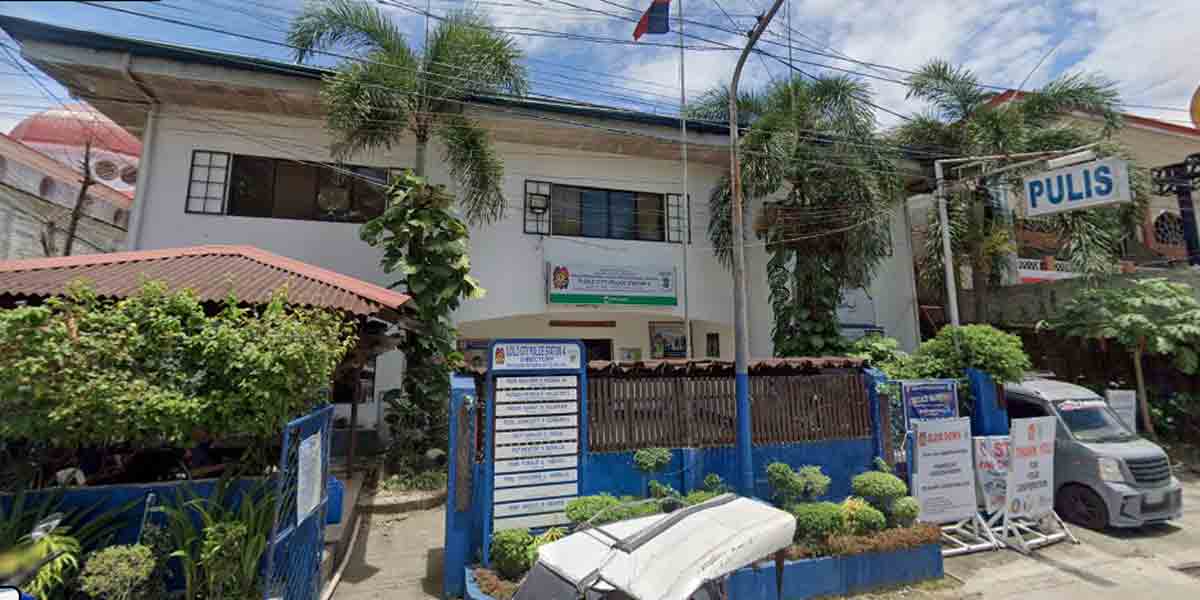
By Francis Allan L. Angelo
As the Philippines sees a continuous decline in its unemployment rate, the government is committed to invigorating investments and implementing key reforms to sustain labor market momentum and create higher-quality jobs for Filipinos, according to the National Economic and Development Authority (NEDA).
The Philippine Statistics Authority’s May 2024 Labor Force Survey revealed a drop in the unemployment rate to 4.1 percent from 4.3 percent the previous year. The total employment for May 2024 reached 48.9 million jobs, marking an increase of 605,000 jobs year-on-year, driven primarily by the industry (+1.2 million) and services (+982,000) sectors.
“The government’s massive infrastructure drive and the implementation of the Pambansang Pabahay Para sa Pilipino (4PH) program have led to a rise in demand for construction workers and materials, resulting in a significant increase in job opportunities in these sectors,” NEDA Secretary Arsenio M. Balisacan said in a statement.
Construction and manufacturing subsectors also showed significant growth, adding 745,000 and 347,000 jobs, respectively.
However, the agriculture sector faced a loss of 1.6 million jobs due to the impacts of El Niño, Typhoon Aghon, and geopolitical tensions in the West Philippine Sea.
Balisacan stressed the importance of disaster preparedness and support for workers affected by such events, particularly in agriculture. This includes improving meteorological monitoring and forecasting capabilities and providing livelihood support programs during disasters.
The survey also indicated an increase in high-quality jobs, with underemployment decreasing to 9.9 percent in May 2024 from 11.7 percent in May 2023, the lowest since 2005.
Middle-skilled employment rose by 2.0 million, wage and salaried employment increased by 1.5 million (including 1.3 million in private establishments), and full-time jobs grew by 2.8 million. There was a notable reduction in part-time work (1.7 million) and vulnerable employment (763,000).
“We must persist in our efforts to boost investments and implement key technological and innovative reforms to enhance productivity and create more high-quality employment opportunities,” Balisacan said.
Balisacan also highlighted the role of digital technologies in enhancing public sector employment facilitation services and training programs and improving skills forecasting in policy planning and programming.
The recent launch of the National Artificial Intelligence (AI) Strategy Roadmap 2.0 aims to accelerate AI development in the country, expand upskilling programs, and increase the uptake of AI-enabled processes by businesses.
To sustain the robust labor market trend and generate high-quality jobs amid a fast-changing work environment, NEDA is crafting the Trabaho Para sa Bayan (TPB) Plan.
Since June, public consultations for the TPB Plan have been conducted across all regions to involve both employers and workers in understanding and addressing labor market challenges.
“The TPB Plan will serve as the country’s blueprint for comprehensive employment generation and recovery. It will outline robust employment policies with strong implementation measures and concrete targets,” Balisacan said, committing to finalize the plan by the end of the year.



















